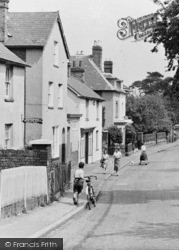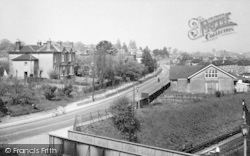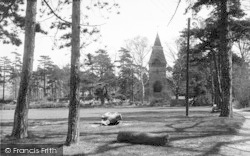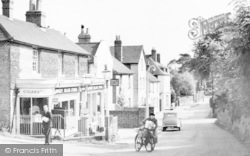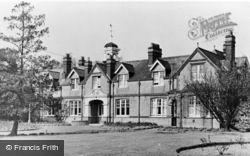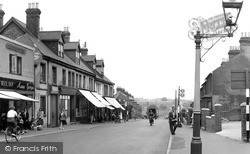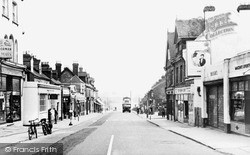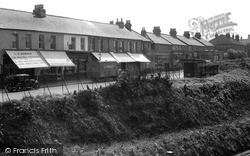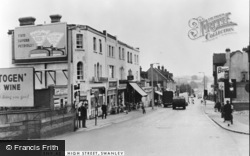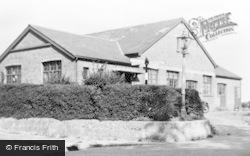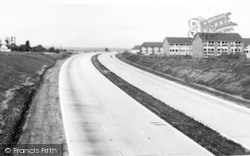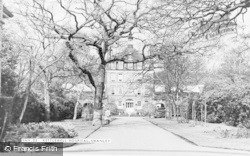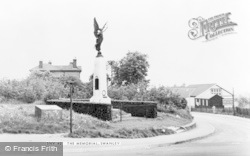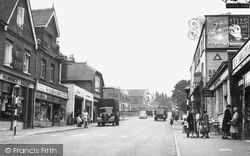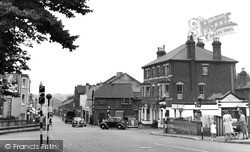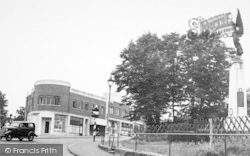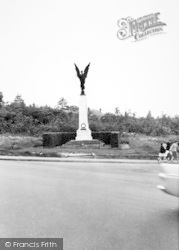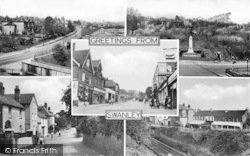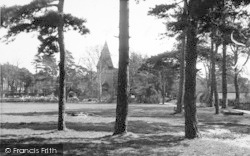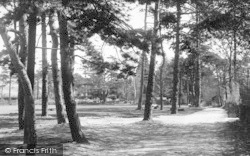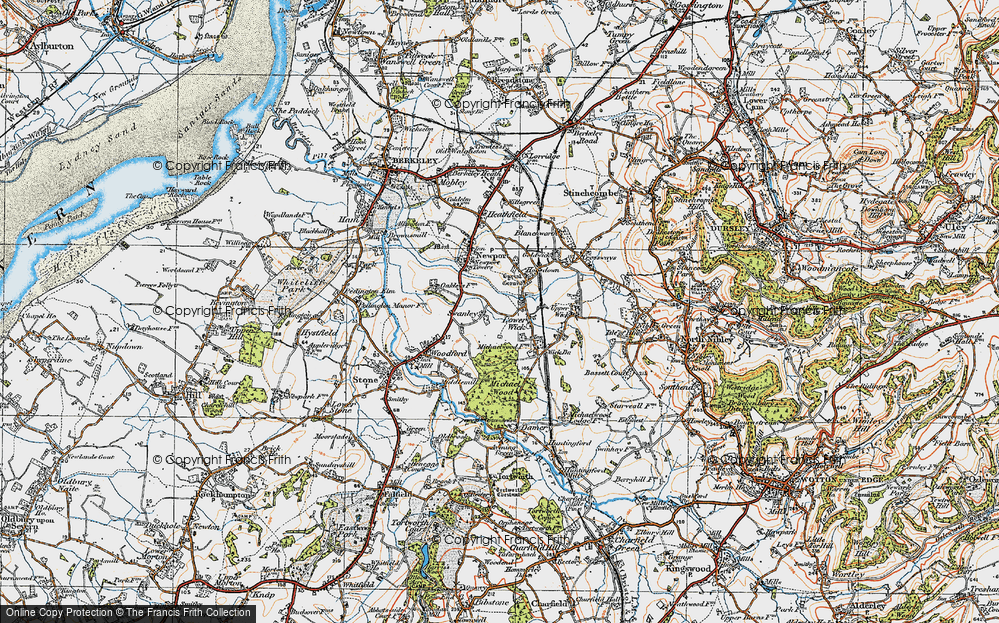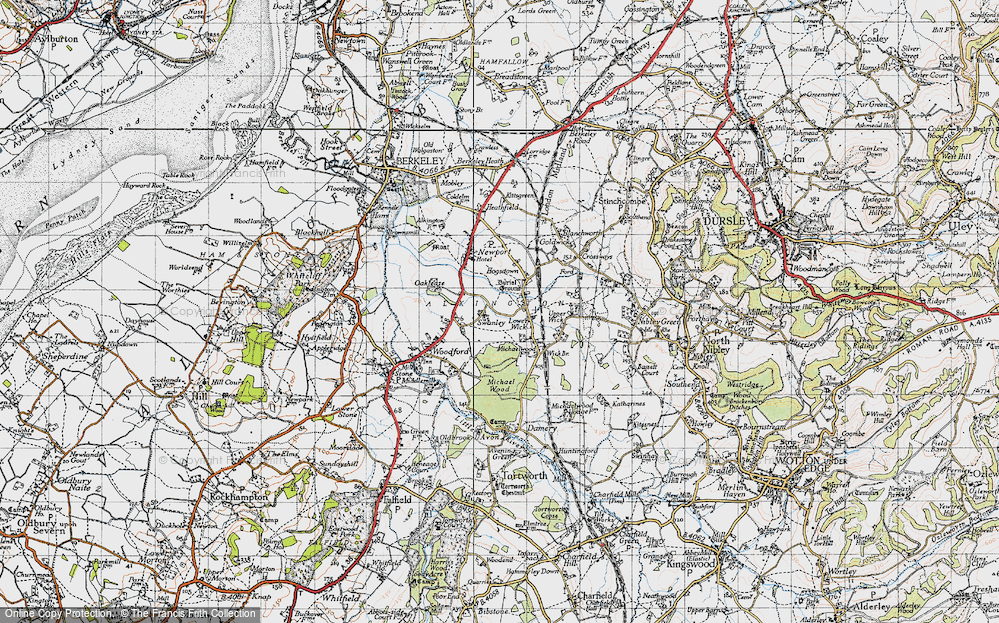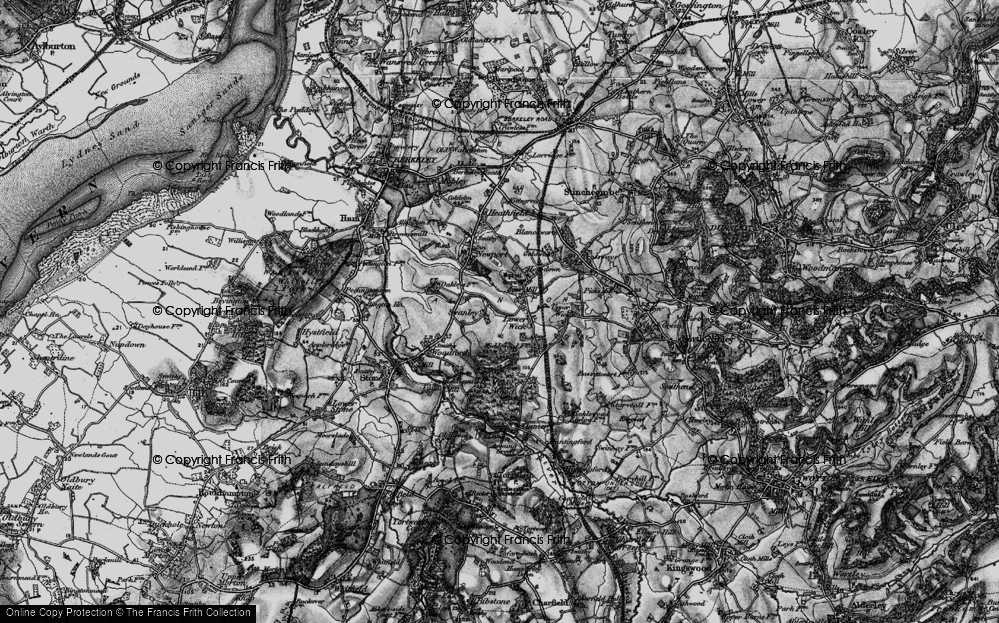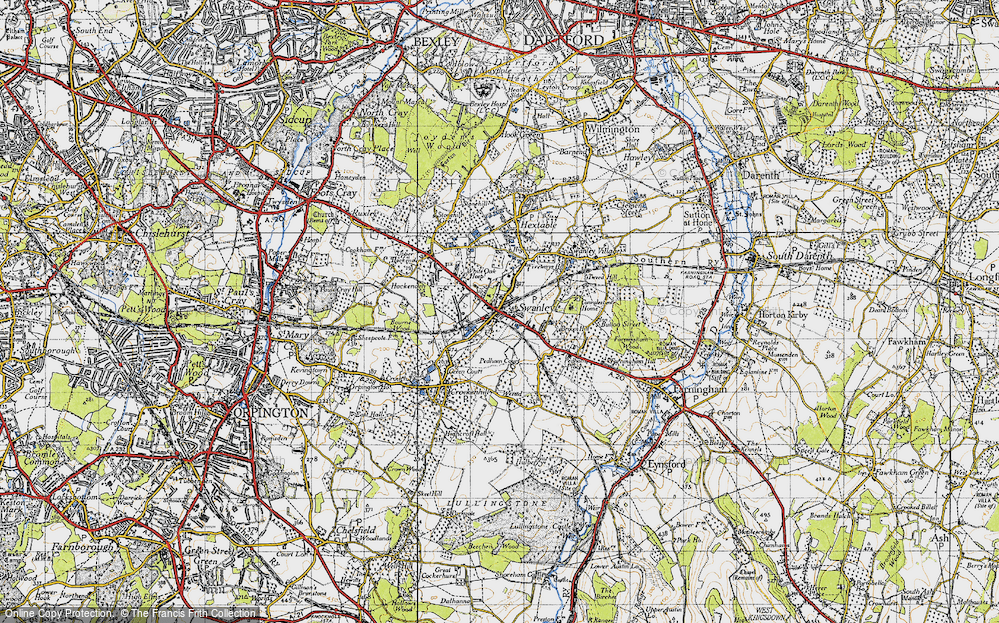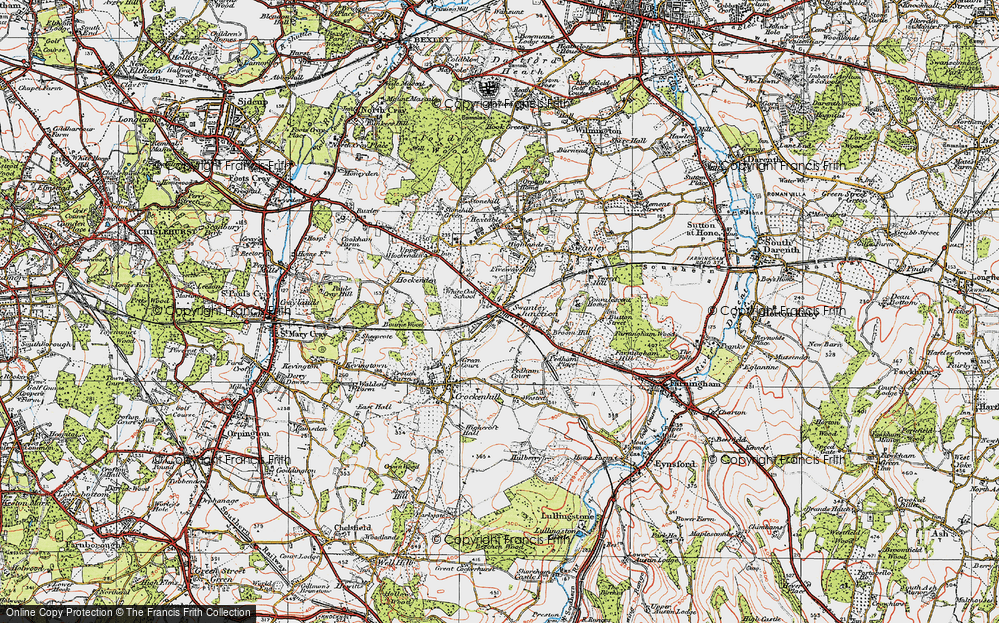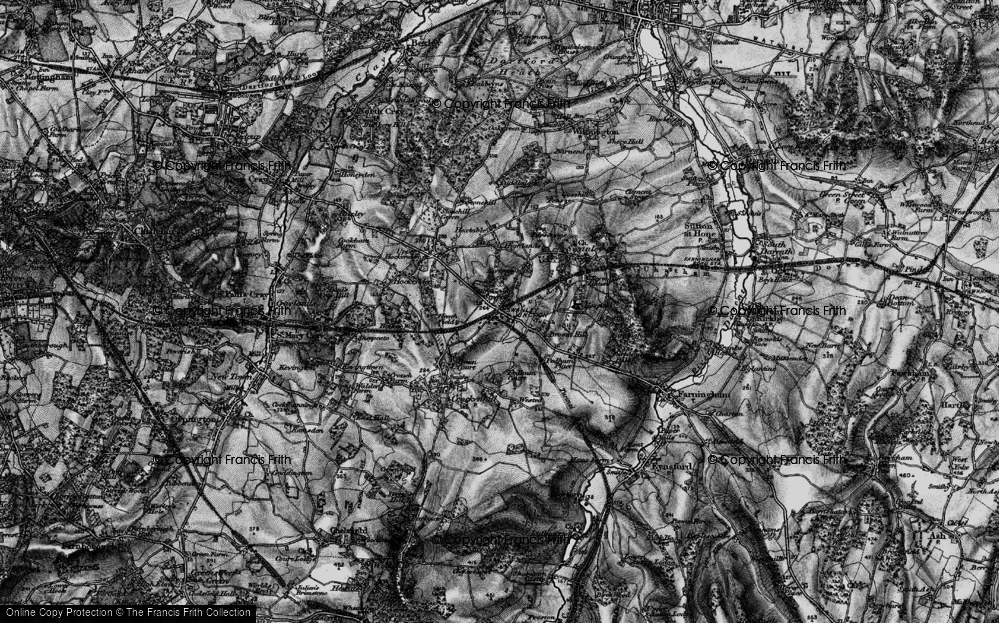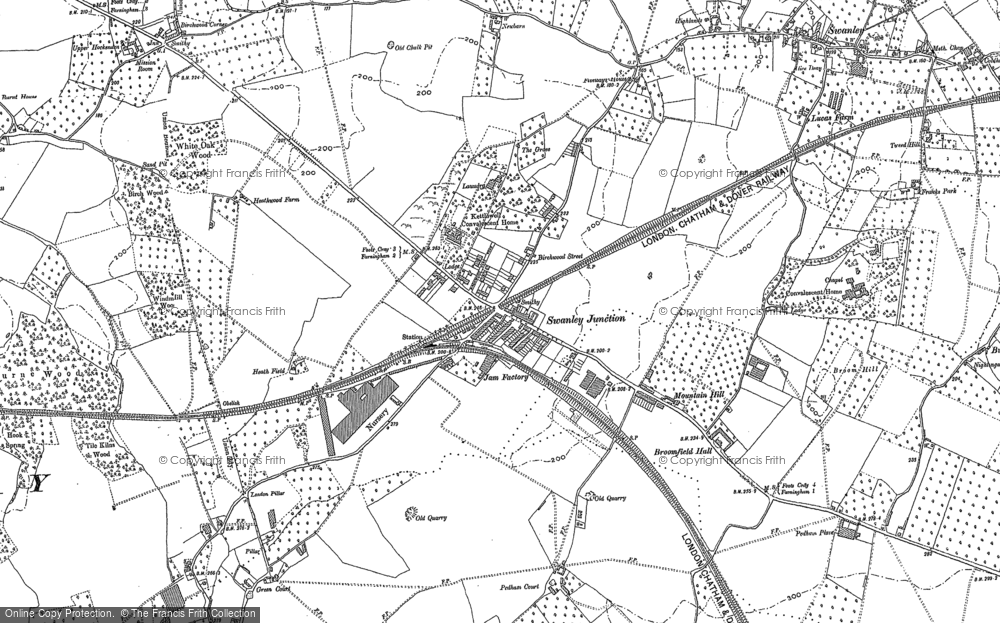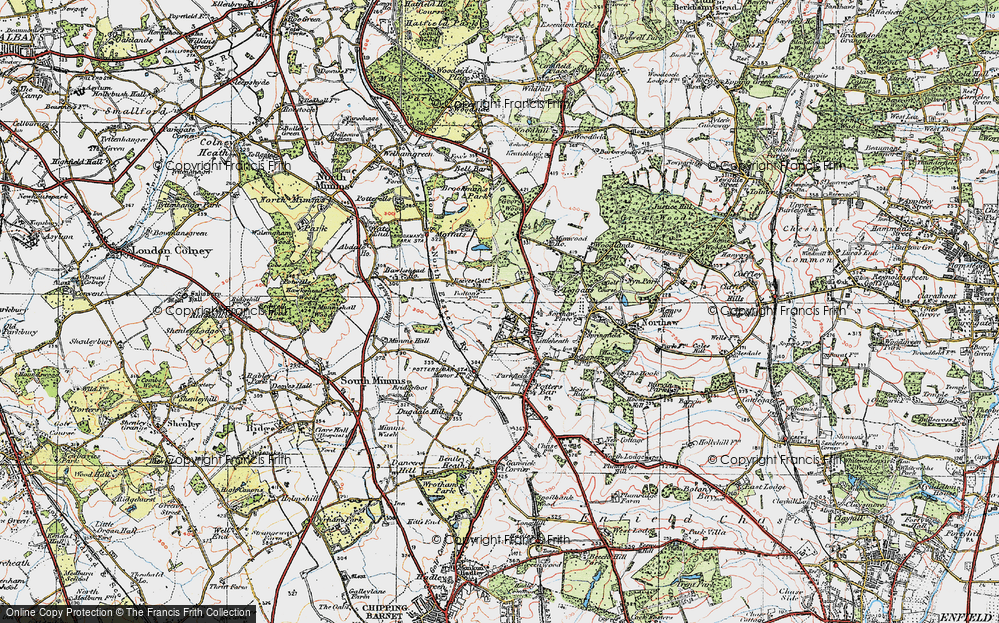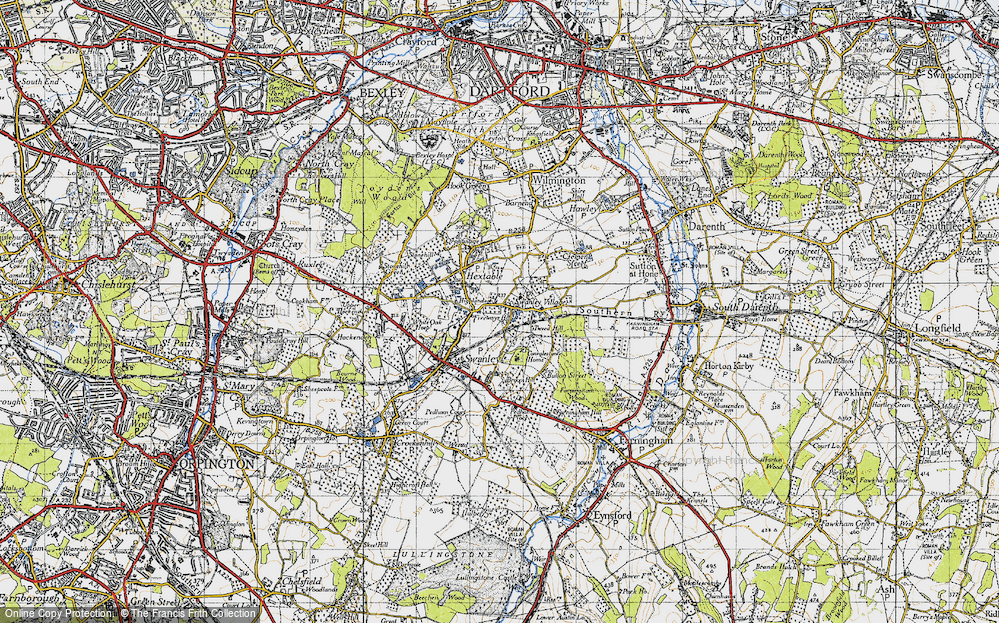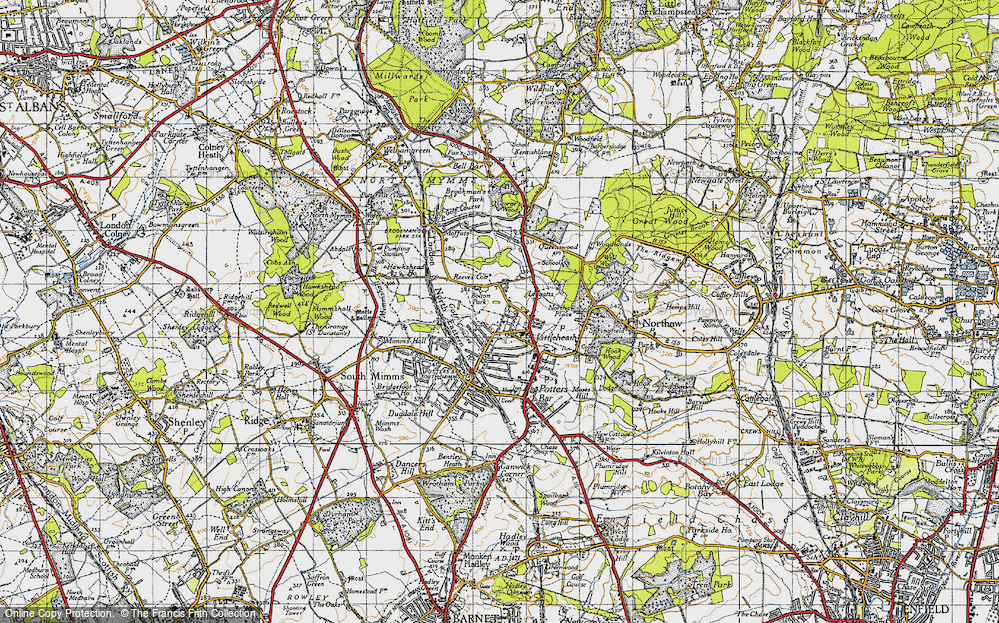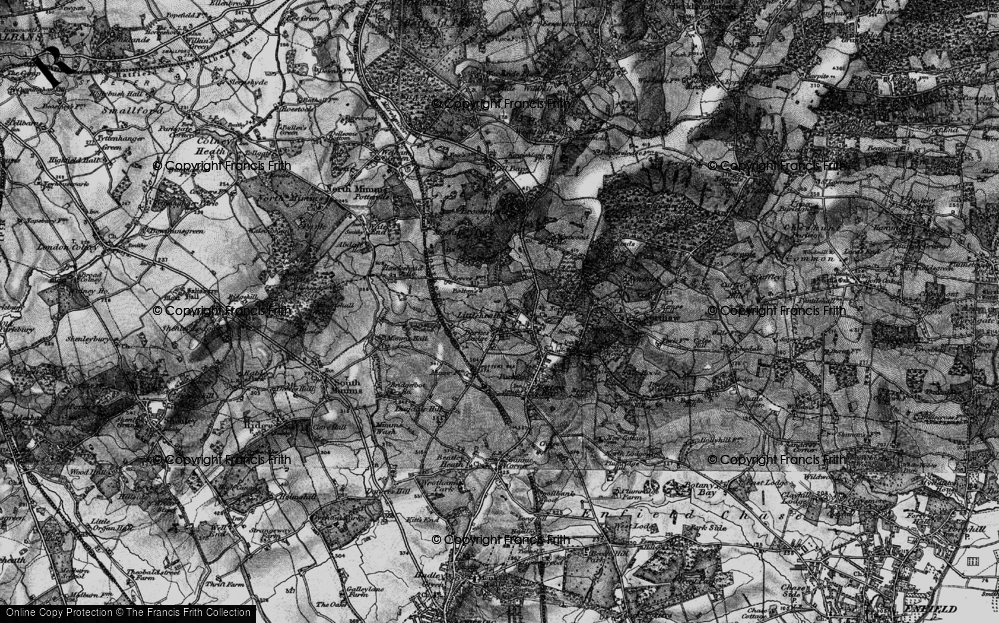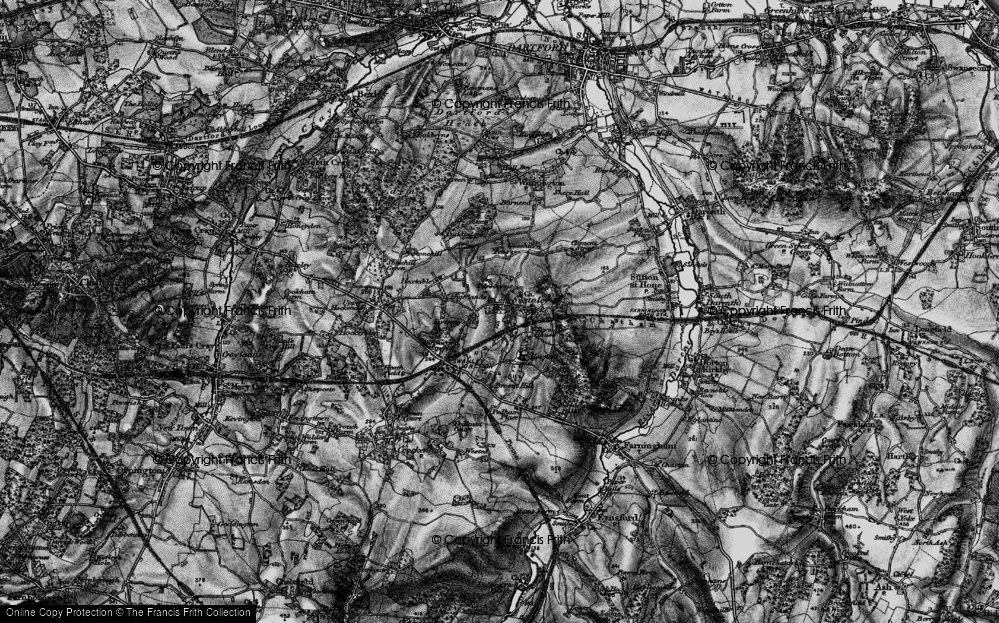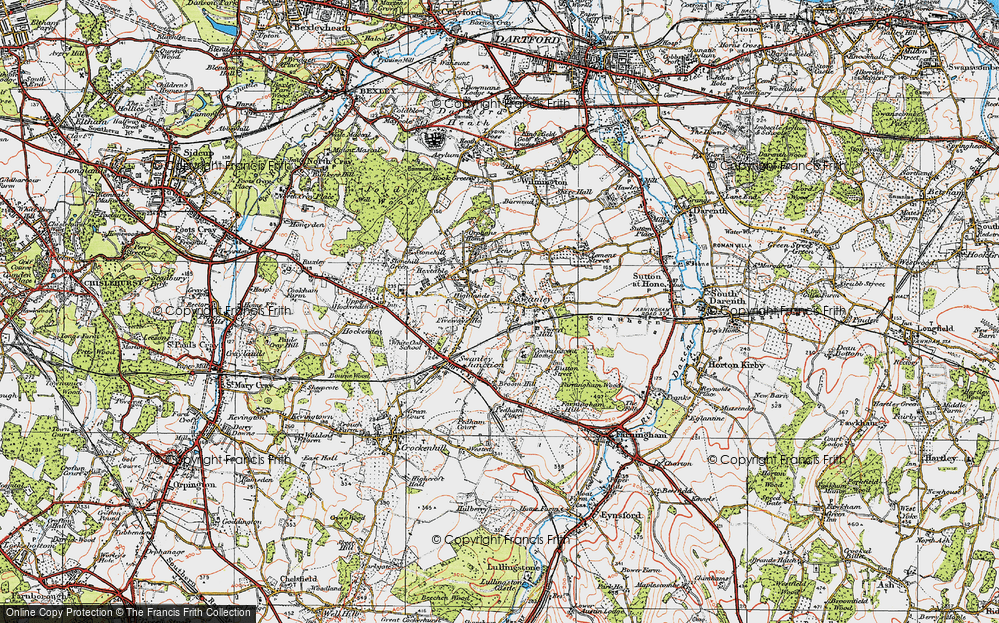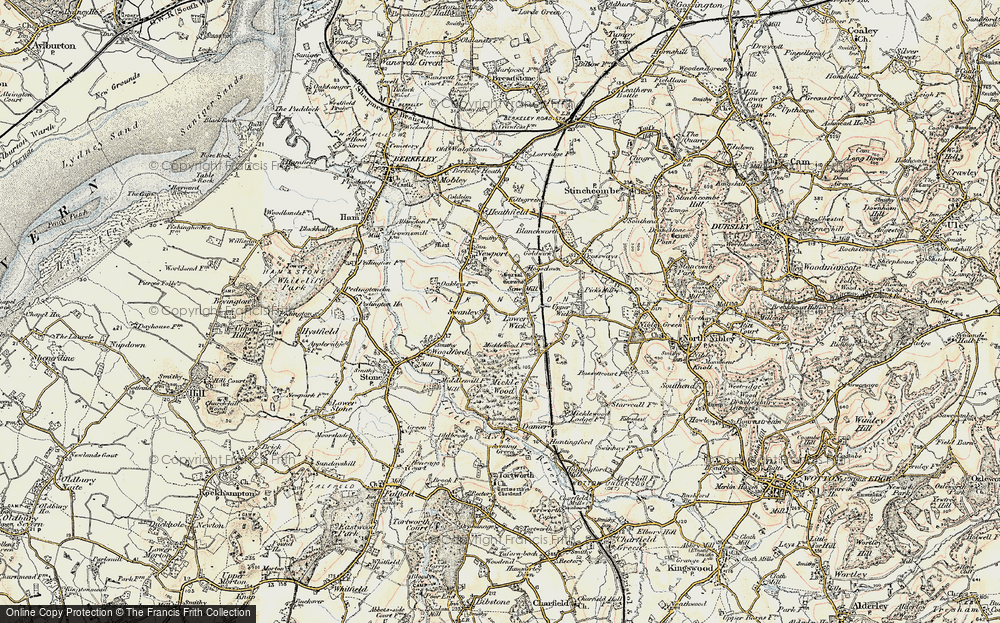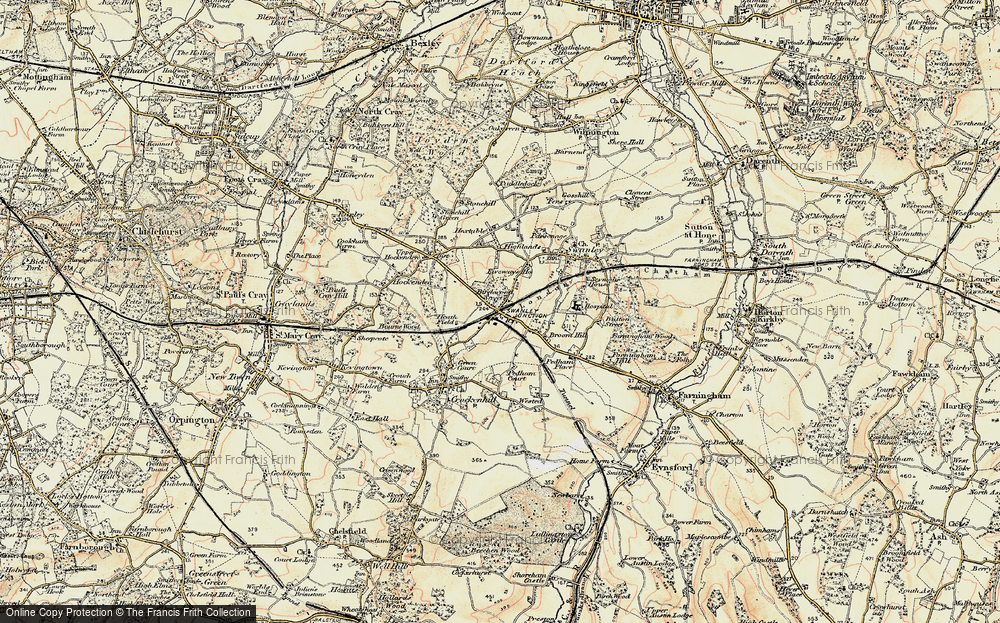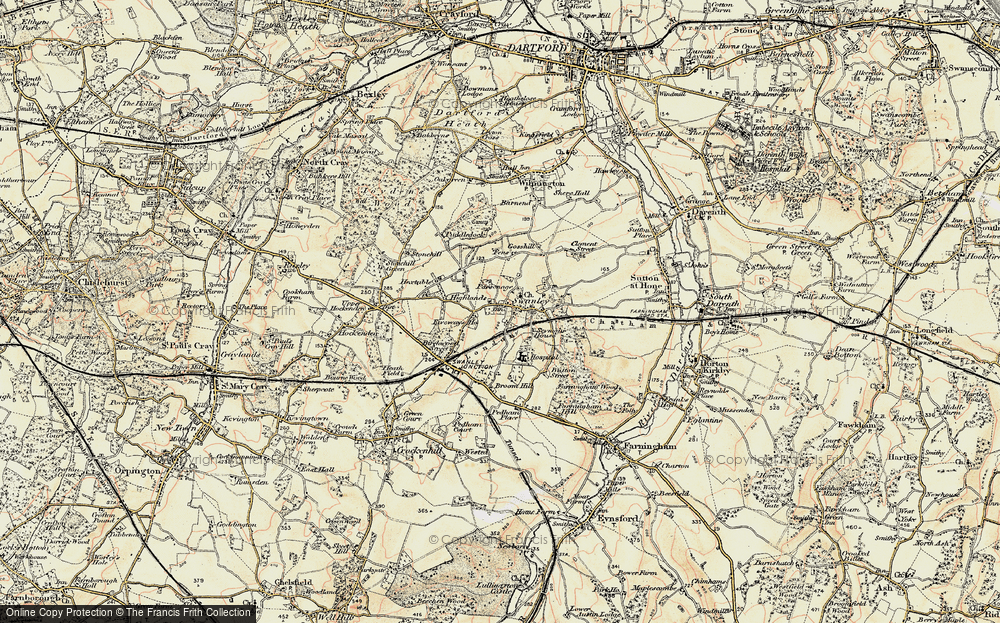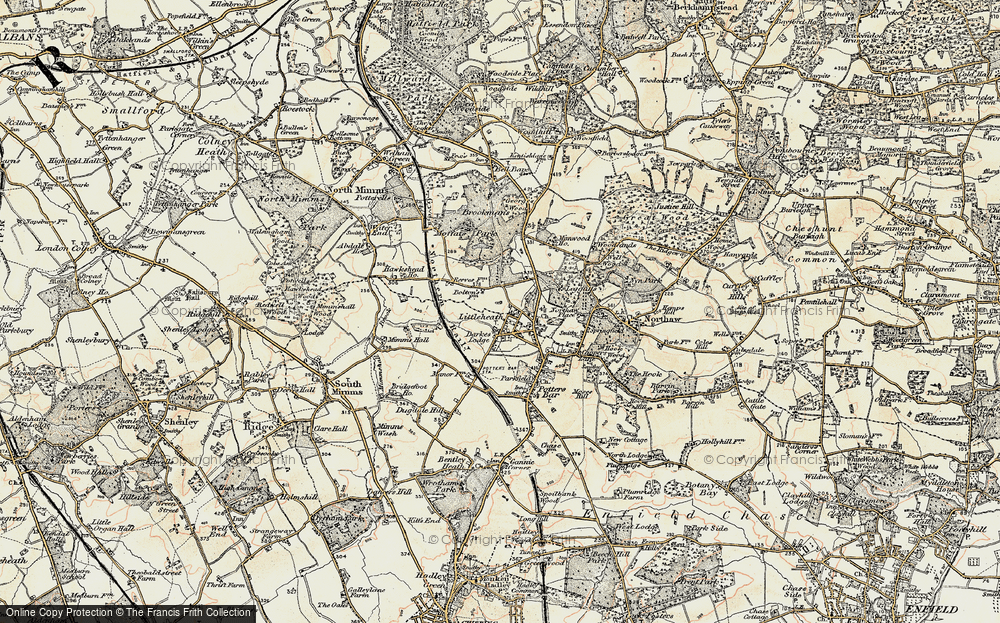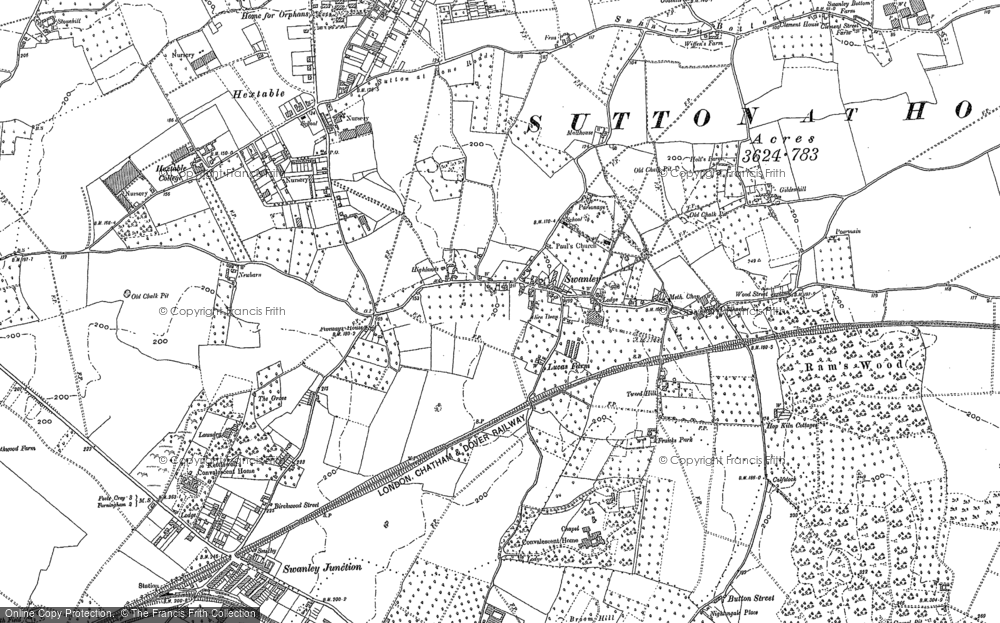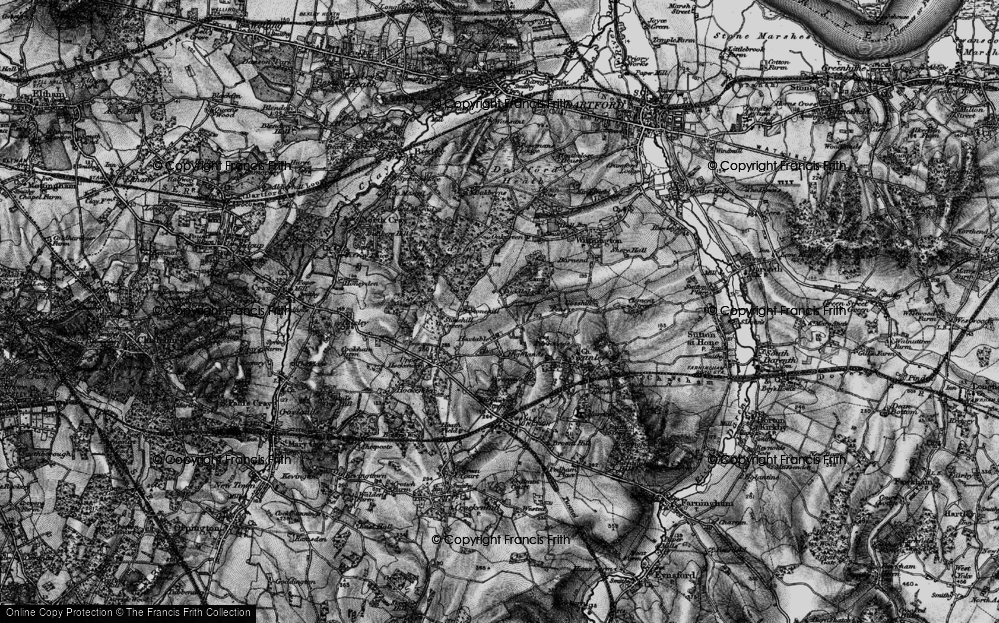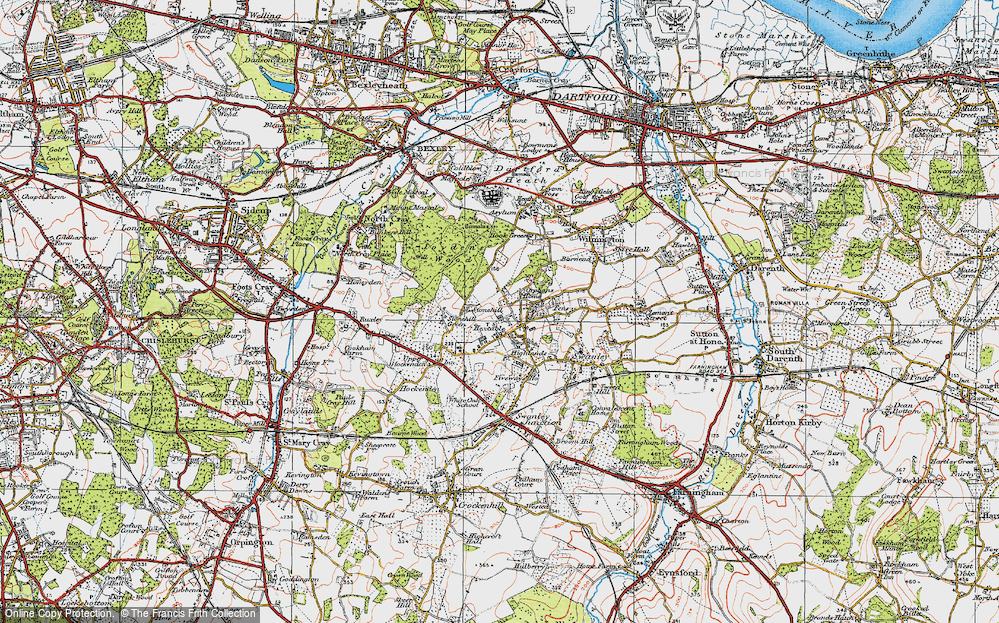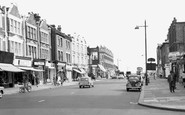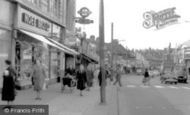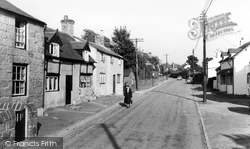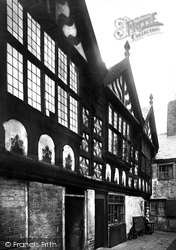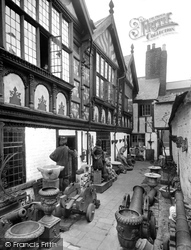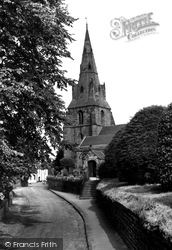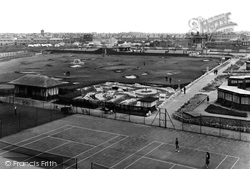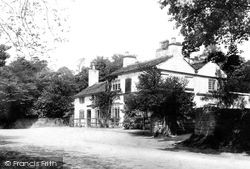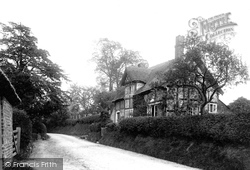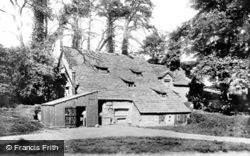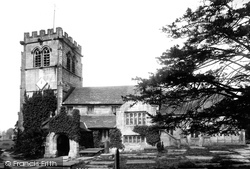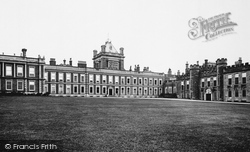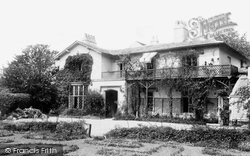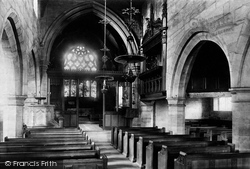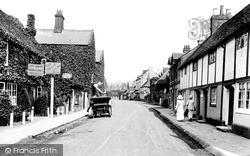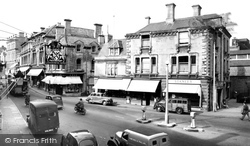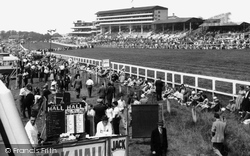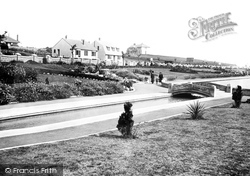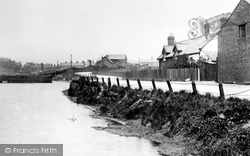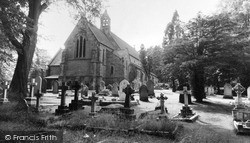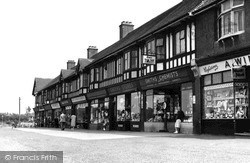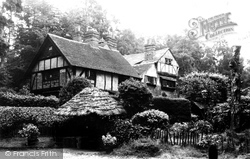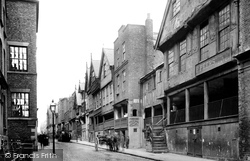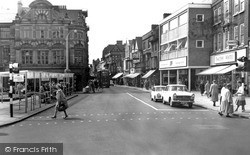Places
6 places found.
Those places high-lighted have photos. All locations may have maps, books and memories.
Photos
46 photos found. Showing results 1 to 20.
Maps
131 maps found.
Books
Sorry, no books were found that related to your search.
Memories
296 memories found. Showing results 1 to 10.
Evac
I was evacuated to Balcombe in 1940 along with the Stanley Technical College pupils from south London. At first, 3 of us were billited at Monks, a large and beautiful home some 3 km out of the village. At that time the Johnston family owned ...Read more
A memory of Balcombe in 1940 by
Growing Up In Queensbury
I was born in Wellington Street on the 16th. of June 1955. My mother was Kate Holland, formerly Henderson. and my father was George E Holland. Sadly he passed away in 1939. So I dont remember very much about him. I had a ...Read more
A memory of Queensbury by
Talke A Forgotten Village
As you proceed north along the A34 towards the Cheshire border you will approach Talke traffic lights and on the left and right side of the road there are two areas of grassed land. This grassed area was once the village of ...Read more
A memory of Talke in 1959
Creekmouth Village
I was born in Creekmouth Village in 1952. The village was at the end of River Road at the confluence of the River Roding and The Thames. The village consisted (in latter years) of 50 Victorian style cottages, 2 up 2 down with ...Read more
A memory of Barking by
Charles Peters
Charles Peters was my Great Great Grandfather and he owned the Vale of Health Hotel in the early 1900's. He rented rooms to to the artists, including Henry Lamb and Sir Stanley Spencer. For whatever reason, Charles was so very ...Read more
A memory of Vale of Health by
Horton Kirby In The 1960's
I was born and brought up in Dartford but my aunt, Nora Hall, was housekeeper to Sir Edward Bligh and they had moved to Horton Kirby in 1961 from Swanley Village. Sir Edward took a ten-year lease upon the house that ...Read more
A memory of Horton Kirby by
The Fair
Christmas and birthdays were an under-whelming time of year in our household. However, Eastertime, coincided with the arrival of Stanley Thurston's fair (and a big dollop of rain). l lived opposite Manor Rd Park (or reck) from 1956-64, and ...Read more
A memory of Luton
Memories Of West Hendon
I was born in 1946. I lived in Stuart Avenue opposite the large floral clock of Edmunds Walker co. The clock was adorned with flowers all through the year. There was a field at the end of our road adjacent to the Edgeware ...Read more
A memory of West Hendon by
A Long Way From St Pauls Road
Hi, my name is Susan Thompson, formerly Hawkins and I'm 54, I was born in the above address and lived there for 18 years although my parents lived there for over 40 years. I went to Brook St. school finally ...Read more
A memory of Northumberland Heath in 1967 by
Shops And Places The High Road And Ealing Road.
I was born and lived in Wembley until 1960. The Railway Hotel was the pub on the corner of Ealing Road and my mother was head housekeeper there for a long time. On the day of the Coronation the pub ...Read more
A memory of Wembley in 1953 by
Captions
79 captions found. Showing results 1 to 24.
The house with the two dormer windows in the roof on the left used to be The Stanley Arms, one of two hostelries that once refreshed the village.
In 1828 the Earl of Derby presented the city with Stanley Palace.
In 1828 the Earl of Derby presented the city with Stanley Palace.
The Hooton branch of the Stanleys all lie here in the church, including Sir Rowland Stanley, who died aged 96 in 1613.
This bird's eye view shows Jubilee Gardens, opened by Lord Stanley in 1937.
Lady Stanley, viewing the new sign, hoped that people would not `mistake it for My Lord in his dressing gown`.
After this picture was taken a new wing was built on the far side, brick, but painted to match the rest of the house, and ornamented with the Stanley crest in the gable, a common feature
At this time, Nether Alderley water mill was still the estate mill for the Stanley estate.
The chancel was rebuilt by the Stanleys in the 1850s to house the tomb of the 1st Lord Stanley, but it may have replaced an even older 13th- century structure.
The aristocratic landowners, the Stanleys of Alderley, sold up in 1938, and their park is now occupied by the research facilities for the pharmaceutical firm, Astra Zeneca.
Knowsley is the home of the Stanley family, and is one of the most imposing of the large houses around Liverpool.
This rectory for many years was the home of the Reverend Edward Stanley, brother of the first Lord Stanley.
Fulwell and the streets west of Stanley Road became fully established, with a new school, the bus depot, and the construction of St James's Church.
From an earlier era is the Stanley pew up above on the right, overlooking the pulpit like a Jacobean opera box. The Stanley crest of the Eagle and Child can just be seen above it.
The controversial artist Stanley Spencer was born in Cookham in 1891, seventeen years before this photograph was taken. The former Methodist chapel is now a gallery devoted to his work.
Stanley's the confectioners (right), with the Strand Café above, housed in the former post office and telephone exchange, was popular with locals.
Later that year, Stanley Wootton presented them with the Walton Downs gallops, which he had just acquired after a long lawsuit with the association.
Seating around the lake was owned by Messrs Shanley, who also had the licence for the running of the swimming pool.
The Lady Stanley sailed every day from the south end of the Parade to Weston Point.
The renowned Austin Seven was designed in the billiard room at Lickey Grange by Austin himself and Stanley Edge.
Other shops include Grays Co- op and Stanley Barker's butcher's. The girls' white shoes and socks are typical of the mid 50s.
J A Garle built the house c1900, and its former residents include Stanley Holloway and cartoonist Tom Webster. Some remnants from Newgate Prison were used in the construction.
The third and oldest of the buildings is Stanley Palace.
traditional sign, occupies a building which dates back to the 15th century, while the foundation stones of Burton's menswear shop, with its flamboyant sign, were laid in 1935 by Henry Montague Burton and Stanley
Places (6)
Photos (46)
Memories (296)
Books (0)
Maps (131)


